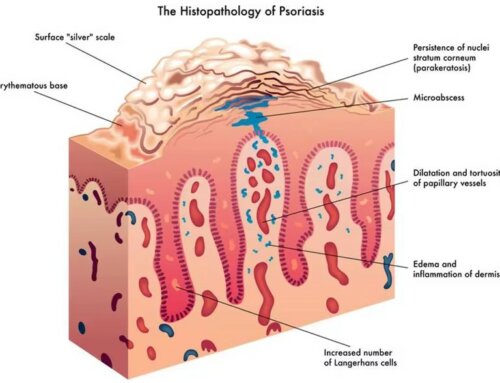Calcium and Vitamin D have long played a vital role for the proper function of the human body. To achieve that, Americans need to consume sufficient amounts of dairy foods, such as milk, cheese and yogurt.
Studies show that consuming the recommended amounts of calcium and vitamin D reduces the risk of developing Type II diabetes by 15%. Currently Type II diabetes affects 75 million Americans. These studies suggest that calcium and vitamin D may positively affect the body’s ability to produce or utilize Insulin, which is necessary to process sugar.
However, with an estimated 75% of adults worldwide suffering from Lactose Intolerance, acceptable dietary guidelines can prove difficult to follow.
Lactose Intolerance is the body’s inability to produce an enzyme, Lactase, to metabolize Lactose, a complex sugar found in dairy products, leading to symptoms of gas, bloating, diarrhea and abdominal cramps.
Certain Ethnic groups have been found more likely to have Lactose Intolerance, with an estimated 75% of African Americans and Hispanic-Mexican Americans, 90% of Asian Americans and 15% of other ethnic groups.
Coincidentally, the Ethnic groups more at risk for Type II diabetes are the same ethnic groups who have a high incidence of Lactose Intolerance, as shown below for Type II Diabetes Mellitus.
When compared to White Americans:
- African Americans are 34% more likely to have Diabetes Mellitus
- Hispanics are 86% more likely to have Diabetes Mellitus
- Asians are 120% more likely to have Diabetes Mellitus
As 70% of the calcium in our nations’ food supply comes from dairy products, individuals with Lactose Intolerance are at greater risk for developing other illnesses in addition to Diabetes Mellitus, such as hypertension, osteoporosis and colon cancer.
Patients who are Lactose Intolerant have many choices in the dietary supplement market to overcome this problem. In recent years the use of probiotics (supplements containing ‘good bacteria’ to support and restore the Gastrointestinal Tract) have come to the forefront of treatment options, because they offer low cost, great convenience and 24 hour efficacy.
Taking a probiotic such as Lactobacillus Acidophilus helps the body digest the lactose found in dairy products, allowing it to absorb the necessary Calcium and Vitamin D.
So, the take home message is: Calcium and Vitamin D are important for individual health, but crucial for people who have a higher risk of Type II diabetes. Taking probiotics allows these individuals who are Lactose Intolerant to absorb and utilize Calcium and Vitamin D helping to reduce their risk of Type II diabetes and other illnesses.
References:
- Diabetes Journals.org – Vitamin D and Calcium Intake in Relation to Type 2 Diabetes in Women
- Web MD Archive – Ethnicity Alters Diabetes Risks
- Web MD Archive – Ethnicity Alters Diabetes Risks
- Lactose Intolerance.org – What Causes Lactose Intolerance
- Eurekaalert.org – Boosting Key Milk Nutrients may help lower Type 2 Diabetes Risk
- National Dairy Council.org – Lactose Intolerance & Minorities: The Real Story






Leave A Comment